

For the second consecutive month, the inflation rate (5.1% for October 2023) has remained within the Bank of Jamaica’s target range, but is projected to rise above that target between December 2023 and March 2025.
The volatility wrought by elevated inflation is abating. COVID-19 is no more, supply chain disruptions have subsided, every one acknowledges that prudent fiscal and monetary policy has had a palliative effect, the higher for longer interest rate policy has curbed inflation somewhat.
So why is inflation expected to rise next year?
The Bank of Jamaica is worried that future domestic wage adjustments could exceed projections in the context of a tight domestic local market, thus contributing to a further increase in inflation projections. There have been the recent heavy rains that will have a debilitating impact on agricultural production, which will be clearer in the first quarter of next year.

Speaking at an Economic Programme Oversight Committee (EPOC) press briefing earlier this week, Chair Keith Duncan gave insight into the possible thinking on expected elevated inflation next year.
“The BOJ has highlighted that the increase in the public passenger vehicle (PPV) fares that were announced could have an effect on inflation. It also noted there could be increases in salaries and wages in the private sector which are ahead of projections by the central bank. Now, we know we have a tight labour market, we know the fares were increased for taxi operators and selected PPV operators and BOJ sees this as a risk to inflation. We have also seen domestic agricultural prices moving up, due to the recent floods. One only has to take a trip to the supermarket, prices are going up.
“However the BOJ also notes that commodity prices such as grain are coming off, oil prices too are falling. The BOJ is balancing the risk but is aware the upside risk could skew the inflation outturn higher than the set range (4 to 6%) for a couple quarters. My own view on this is that with the Government of Jamaica looking to offset this with the fiscal strategy of reducing the JUTC fares, and the economy continuing to be fairly strong yet we see the economic growth projected to fall within the 1-2 % range. So, when we take things in balance, we could see it skew to the upside but I think inflation will continue to be within the target range.”
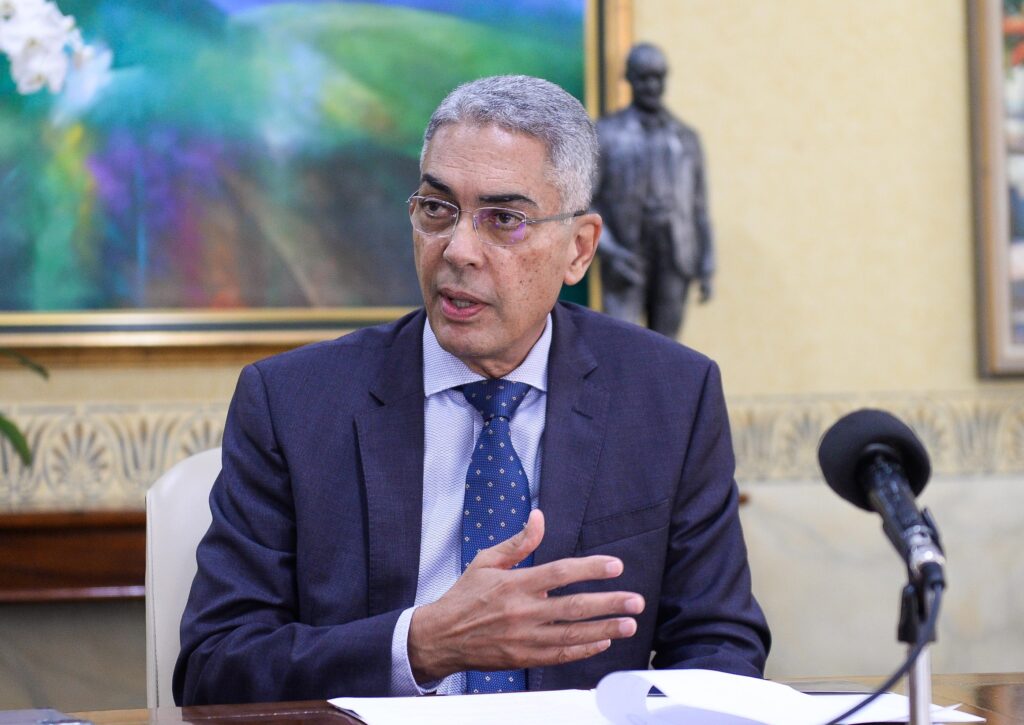
The data here supports Duncan’s view. Inflation came in at 5.9 per cent in September and 5.1 per cent in October. One is hopeful that inflation can remain within the range, especially if the U.S. Federal Reserve and Jamaica’s other source markets move into a disinflationary cycle. The Federal Reserve has moved interest rates to the highest level in 20 years, which will have a lagged impact on the United States’ economy. There is a slowing of developed economies more notably the UK, Canada, Germany, Japan. This will mean a reduction in prices in terms of imported inflation.
“We see US inflation coming in at 3.0 per cent and is trending downwards and so we have a good chance of our own inflation staying within the range. I would like to see that being the case for an extended period of time. We do hope the Fed reduces rates early next year and the BOJ takes its cue from that so that the Jamaican economy can get on an elevated growth path. We want to contain inflation because the people who suffer the most are our vulnerable people, those whose purchasing power only extends to goods and services that they need on a day to day basis. They do not have discretionary income therefore we have to maintain a monetary policy that ensures we keep inflation low,” said the EPOC chair.
Jamaica being a small island state is buffeted by geo-politics and with two wars going on, one in Europe the other in the Middle East, it is likely to impact the inflationary equilibrium.
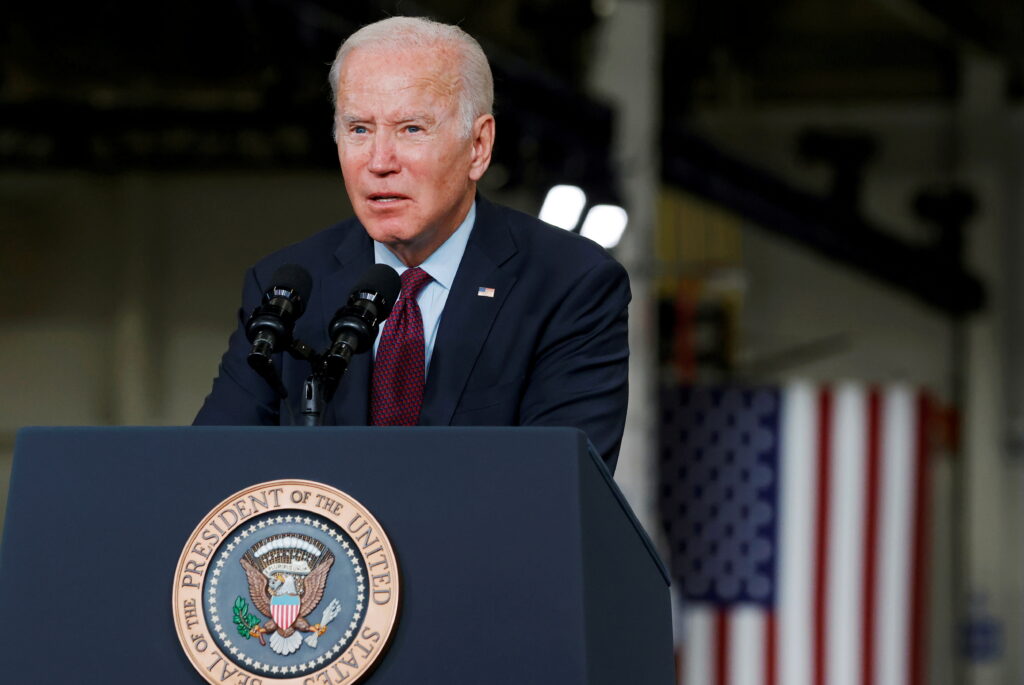
The United States is going into a presidential election next year and the present administration will do its utmost to contain inflation, if not it could prove to be a killer for Democrats at the ballot box. Americans are scornful of high inflation and make their leaders pay for it. Biden will be aware of that. The United States doesn’t want to see too much of a slow down of its economy.
Some have noted an incongruence between the Jamaican Government fiscal policy and the Bank of Jamaica’s monetary policy on inflation given the government’s decision to increase taxi fares and the Government increasing the limitation on taxation of imported goods.
There are those who hold the view that the increase granted to PPV operators was well overdue. The Government has moved to remove that inflationary bias by reducing JUTC fares.
“In running an economy, the BOJ has to do what it needs to do to keep inflation within its target range and the Government of Jamaica has to do what it needs to do to ensure that inflation does not get out of control,” said Duncan.

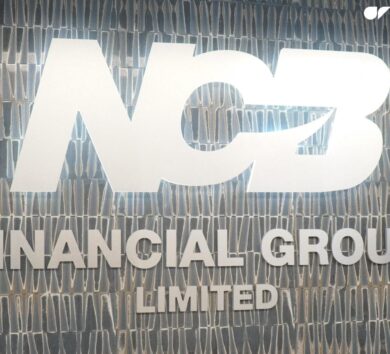
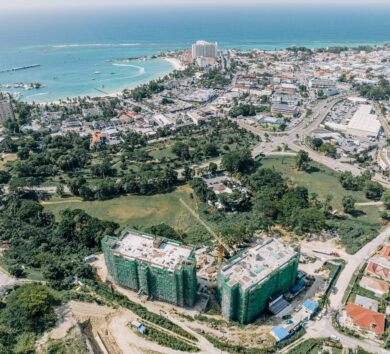

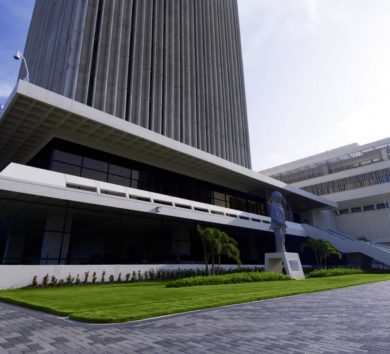


Comments